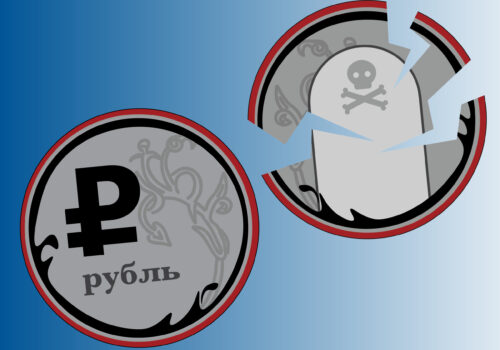Featured reports

Russia Tomorrow
Dec 12, 2025
The Russian economy in 2025: Between stagnation and militarization
By
Elina Ribakova, Lucas Risinger
The latest report in the Atlantic Council’s Russia Tomorrow series examines the Russian wartime economy.

Issue Brief
Dec 4, 2025
A stronger, safer, and more prosperous hemisphere: The case for investing in democracy in the Americas
By
Antonio Garrastazu and Henrique Arevalo Poincot
This issue brief is the fourth in the Freedom and Prosperity Center’s “Future of democracy assistance” series, which analyzes the many complex challenges to democracy around the world—and highlights actionable policies that promote democratic governance.

Issue Brief
Dec 12, 2025
In Southeast Asia, the promise and pitfalls of tariff diplomacy are on full display
By
Amy Searight
US President Donald Trump’s high-profile intervention in the Thai-Cambodian border dispute delivered a cease-fire, but its violation exposes the fragility of tariff diplomacy and raises questions about the durability of coercive US diplomacy in the region.